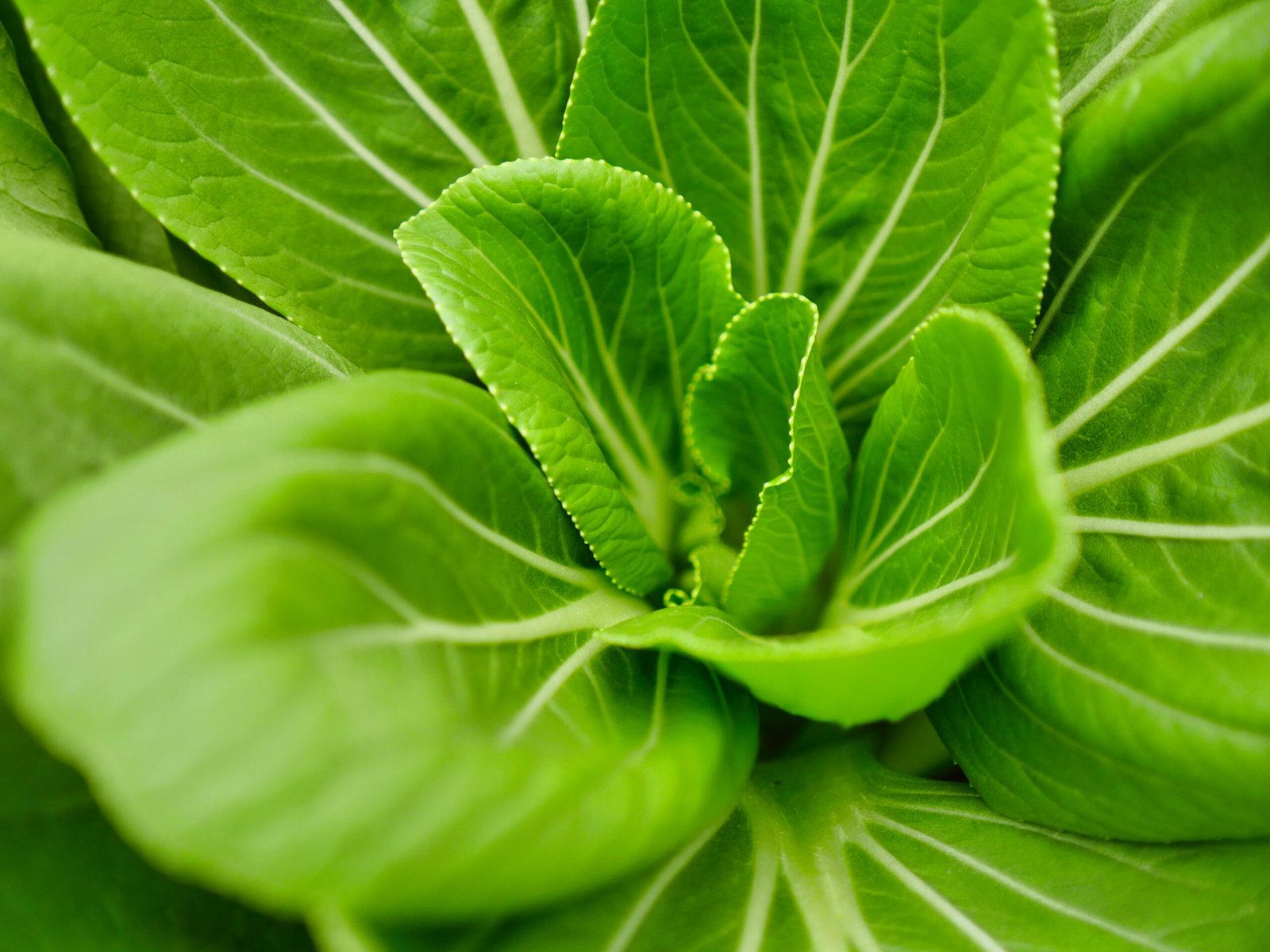Introduction
As a farmer or gardener, you understand the importance of providing your crops with the right nutrients to ensure their healthy growth and abundant yield. One of the most effective ways to achieve this is through the use of fertilizers. Fertilizers are substances that are added to the soil or plants to provide essential nutrients that may be lacking.
In this blog post, we will explore the different types of fertilizers available and how they can help boost your crop’s growth and yield.
The Importance of Fertilizers
Fertilizers play a crucial role in providing essential nutrients to crops. They contain a balanced mix of nitrogen, phosphorus, and potassium – the primary macronutrients required by plants for healthy growth. These nutrients help in promoting root development, improving flower and fruit formation, and increasing overall plant vigor.
Without proper nutrients, plants may suffer from stunted growth, yellowing leaves, and reduced yield. By using fertilizers, you can ensure that your crops receive the necessary nutrients, leading to healthier plants and higher yields.
Types of Fertilizers
1. Organic Fertilizers:
Organic fertilizers are derived from natural sources such as plants, animals, and minerals. They are rich in organic matter and improve soil structure, water retention, and microbial activity. Examples of organic fertilizers include compost, manure, and bone meal.
2. Inorganic Fertilizers:
Inorganic fertilizers, also known as synthetic or chemical fertilizers, are manufactured through chemical processes. They offer a precise balance of nutrients and are quickly absorbed by plants. Common examples of inorganic fertilizers include ammonium nitrate, urea, and potassium chloride.
Choosing the Right Fertilizer
When selecting a fertilizer, it is essential to consider the specific needs of your crops. Different plants have varying nutrient requirements at different growth stages. Some crops may require higher nitrogen levels, while others may benefit from increased phosphorus or potassium.
Conducting a soil test can help determine the nutrient deficiencies in your soil and guide you in choosing the appropriate fertilizer. Additionally, it is essential to follow the recommended application rates and timing to maximize the benefits of the fertilizers.
Conclusion
Fertilizers are an indispensable tool for farmers and gardeners looking to optimize their crop’s growth and yield. By providing essential nutrients, fertilizers promote healthy plant development, enhance flower and fruit formation, and ultimately lead to higher yields. Whether you choose organic or inorganic fertilizers, it is crucial to select the right type and follow the recommended application guidelines. With the right fertilizers, you can ensure that your crops thrive and produce bountiful harvests year after year.


